








































































































































































































































On February 24, 2022, the lives of millions of Ukrainians changed forever. The war in Ukraine triggered one of the largest refugee crises since the Second World War, with nearly 7 million Ukrainian refugees recorded globally.
ACT Alliance members have been at the forefront of the humanitarian response, providing lifesaving support to 532,389 Ukrainian refugees and displaced people and alleviating unimaginable suffering.
Three years on, the conflict continues, and the humanitarian crisis is only deepening. Yet, the commitment of the ACT Alliance (Action by Churches Together) remains steadfast. Guided by its faith-based values, ACT Alliance is dedicated to delivering an effective ecumenical response— saving lives, upholding dignity, and strengthening resilience.Working hand in hand with local organizations has been central to the response, ensuring efforts remain grounded in reality while working with communities to lead their own recovery.
ACT Alliance is deeply grateful to its members, who continue to invest their skills, staff, resources, and time in serving humanity.
With the support of more than 100 local organizations, churches, and community groups, the six members of the Ukraine Appeal—AIDRom, Church World Service, Christian Aid, Swiss Church Aid (HEKS/EPER), Hungarian Interchurch Aid, and the Lutheran World Federation—have provided assistance across 88 locations in six countries: Ukraine, Poland, Hungary, Romania, Moldova, and Slovakia.
Beyond direct humanitarian aid, these efforts have extended to advocacy at local, regional, and international levels, ensuring continued support for those affected by the crisis.























































WHERE HAVE WE PROVIDED THE HUMANITARIAN ASSISTANCE?











Nationwide (advocacy only)
• Budapest, Csepel, Miskolc, Sopron, Debrecen, Kaposvár, Barabás (HIA)
• Budapest, Szigetszentmiklós, Ravaszd, Miskolc, Záhony, Békés, Bonyhád, Debrecen, Esztergom, Fehérgyarmat, Hont, Kállósemjén, Kisvárda, Miskolc, Nagykovácsi, Nyíregyháza, Szeged, Szentes, Szombathely, Tiszacsege, Veszprém (HEKS/EPER)




HOW MANY PEOPLE HAVE WE SERVED IN UKRAINE AND NEIGHBOURING COUNTRIES?
This information has been collected via inputs from our member organisations and presents data related to the ACT Appeal UKR221 as of November 2024.






• Bucharest, Iasi, Galati, Constanta, Valcea, Brasov, Prahova and Hunedoara (AIDRom)
• Cluj-Napoca (HEKS/EPER)

















• Anenii Noi, Balti, Basarabeasca, Cahul, Calarasi, Cantemir, Causeni, Chisinau, Briceni/ Lipcani, Ceadir-Lunga, Cimislia, Comrat, Criuleni, Glodeni, Ialoveni, Leova, Nisporeni, Ocnita, Vulcanesti, Orhei, Singereni, Straseni, Stefan-Voda, Taraclia, Ungheni, Drochia (CWS)
• Balti, Glodeni, Riscani (HEKS/ EPER)




































Andrij Waskowycz



























Three years have passed since Russia’s full-scale invasion of Ukraine, and the humanitarian crisis it caused continues to grow. The challenges faced by millions of people are overwhelming. According to the Ukraine Needs and Response Plan for 2025, 12.7 million people urgently need humanitarian aid, including nearly 2 million children whose lives have been upended in unimaginable ways. Homes, schools, hospitals, and other critical infrastructure across the country have been destroyed. For millions, finding food, clean water, heat, electricity, and medical care is a daily struggle— especially in areas hardest hit by the conflict. These realities demand continued global support and solidarity.





From the very beginning of the war, ACT Alliance has stood with the people of Ukraine. Together with local partners, we’ve delivered life-saving support—shelter, food, and psychosocial care—to those who need it most, even in the hardest-to-reach places in frontline territories. Local organizations have been the backbone of this response. Their deep connection to their communities and understanding of local realities ensure that aid meets people’s most urgent and specific needs. They’ve been here long before the war, they’re here now, and they will be in Ukraine to help rebuild the country when the war is over.
This local leadership is central to the approach of ACT Alliance activities in Ukraine. By working hand in hand with Ukrainian organizations, we’re not just responding to immediate needs—we’re working with communities to lead their own recovery. Through the Survivor and CommunityLed Response (SCLR) model, we’re helping communities take charge, enabling them to adapt and expand their efforts as challenges evolve. This approach not only strengthens the response but ensures that solutions are grounded in the realities of those directly affected.
Despite these efforts, the destruction caused by the war continues to take its toll, leaving millions without electricity, heat, or clean water. Vulnerable groups—children, the elderly, and people with disabilities—are bearing the heaviest burden. And as the conflict intensifies, the need for support becomes even more urgent.
Yet, the resilience of the Ukrainian people remains remarkable. They have endured unimaginable hardship with dignity, courage, and determination. Their strength inspires us to stand in solidarity and strengthen our support. Together with local partners, we can help rebuild lives, restore communities, and lay the foundation for a future of peace and dignity. United in global solidarity, we can ensure that hope prevails and that those most in need are not left behind.












Andrij Waskowycz, Country Representative of the Diakonie Katastrophenhilfe in Ukraine, ACT Alliance Ukraine Forum Convener


























































Darare









Gonche, MIONet-IREMO, Kenya
“Empowerment means letting them make decisions. Empowerment means letting go of power.”

















Letting go of control requires establishing a strong foundation of trust within communities. In the Ukraine Response, ACT Alliance has prioritized local decision-making and infrastructure support through more than 250 community-led initiatives under the Survivor and Community Led Response (SCLR) and Flexible and Small Grants Schemes (both inside and outside Ukraine).
The Survivor and Community-Led Response (SCLR) approach seeks to maintain power within communities, allowing crisis-affected individuals to independently identify, prioritize, and address unmet needs. SCLR is intended to complement rather than replace other humanitarian response efforts.
A key outcome of this approach has been the strengthened capacity of and ownership by local organizations. Civil society organizations (CSOs) and community-based groups have grown more resilient by assuming leadership in implementation. SCLR initiatives have been praised for addressing critical gaps and fostering confidence among local groups—leading to a mindset shift from fear and compliance to a focus on impact and self-reliance.
Localization has also allowed for rapid and context-specific assistance, ensuring aid reaches underserved areas efficiently. Projects have addressed urgent needs such as health facility repairs, school restorations, and housing rehabilitation near frontlines. In Irpin, one of the most war-affected areas, 20 SCLR initiatives have set a precedent for good practice. In a related effort, swimming classes for injured veterans have aided rehabilitation and integration, with some participants going on to compete in the Invictus Games.
Empowered individuals contribute to their communities with a renewed sense of purpose, while social cohesion is strengthened by bringing together vulnerable groups, including displaced populations, women, children, and people with disabilities. The creation of safe spaces has further reinforced community ties.
Despite these successes, challenges remain—particularly the huge demand for funding Nevertheless, community-led projects continue to demonstrate the impact of localization in humanitarian response, ensuring sustainable and meaningful change.
By letting go of control, this approach ensures that support is driven by those who understand their needs best.
































































SCLR initiatives have supported communities by:







Creating community spaces for injured veterans.



Equipping social workers with first aid kits to assist isolated individuals.
Providing sensory equipment for children with disabilities.


Improving schools, playparks, and rehabilitation centers.

Establishing mobile medical clinics for internally displaced people.

Community-Led


Supporting mental health through art, pottery, and creative workshops.






















In this short animated video, ACT Alliance illustrates how the Survivor and Community-Led Response (SCLR) approach works with Ukrainian communities to take charge of their own recovery. Through the story of Stepania, a dedicated social worker in the Carpathian Mountains, we see how locally led solutions—like providing electric bikes—help deliver essential aid where it’s needed most. By letting go of control, this approach ensures that support is driven by those who understand their needs best.

































































Svitlana Vorona, an 80-year-old resident of Kharkiv Oblast, experienced the devastation of war firsthand when her home was bombed. Thanks to the dedicated work of HEKS/EPER, her house has now been repaired, restoring a sense of stability and hope in her life. This effort is part of our Shelter program, which focuses on supporting people in hard-toreach areas. Through this initiative, we repair damaged homes and provide emergency shelter kits to those affected by shelling, helping communities recover and rebuild.
“I am so happy that I could move back to my beloved house. Here, I have all my roses and my life. I never thought I would be able to return—I believed my house was destroyed forever. I am so happy to be back.”
Through war and displacement, the people of Ukraine continue to show extraordinary strength. In this section, we share the voices of those directly affected by the crisis—stories of hardship, perseverance, and hope. These firsthand accounts reflect the impact of humanitarian assistance and the resilience of the human spirit.


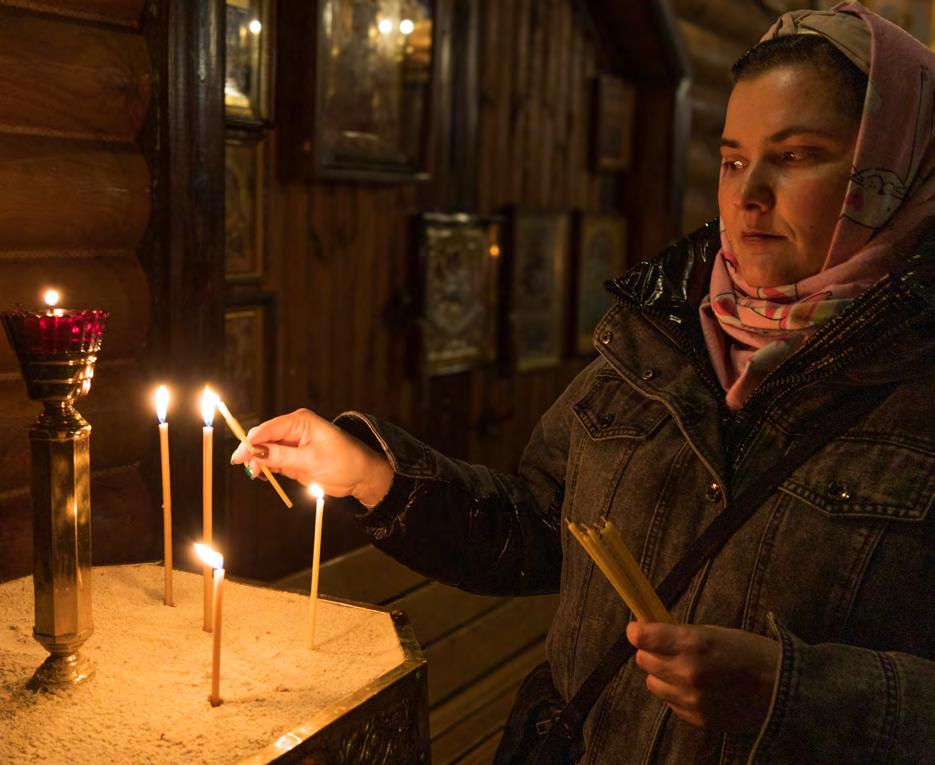
Oksana Vakula endured the war while pregnant, seeking refuge with her family in a basement for seven months. She struggled with fear, isolation, and loss, all while caring for her newborn and young son. Faced with trauma, she turned to the church for solace and eventually sought psychological support.
The constant bombardment and loss of loved ones took a heavy toll. Three close family members—her aunt, grandmother, and godfather—passed away. Oksana never had the chance to say goodbye to her grandmother.














Through Neurography—mindfulness in art therapy—Oksana found a path to healing. Swiss Church Aid’s protection team provided Neurography sessions at the Kharkiv Women and Girls Safe Space (WGSS), offering her a community of people who had also experienced loss. She also found great comfort in the church, which became her refuge.




































“I felt like I was dying repeatedly,” she says. Desperate for relief, she turned to the church.










“I cried every day for months. I felt empty, stressed, and isolated. My son began to howl in his sleep, and I realized he, too, was affected by the war. That’s when I sought psychological help for him and, eventually, for myself.”


“When I first came here, I couldn’t talk or be social. But everyone here had lost something or someone, and that realization helped me find some peace. I wasn’t alone in this.”





“We must find the strength to reclaim life together.”

On Neurography and Finding Solace at the Church “It helped me organize my thoughts and create an actionable plan. I could recharge here at the church. I learned that while I can never reclaim my past life, I can reclaim my life moving forward.”








During shelling and power outages, the heating point becomes a safe haven where people gather, recharge their phones, share meals, and find comfort in each other’s company.
Thanks to the support of ACT Alliance and in collaboration with its partner Splina Sprava, Lutheran World Federation Ukraine has equipped this vital space with lamps, flashlights, household essentials, toys, food, and beverages. But beyond the supplies, what truly makes this place special is the sense of togetherness it fosters.
The heating point has evolved into a vibrant community hub—a place where neighbors gather, friendships grow, and resilience shines through shared experiences. Events and

activities bring people together, reminding everyone that even in difficult times, the warmth of human connection is just as vital as the heat that fills the room.
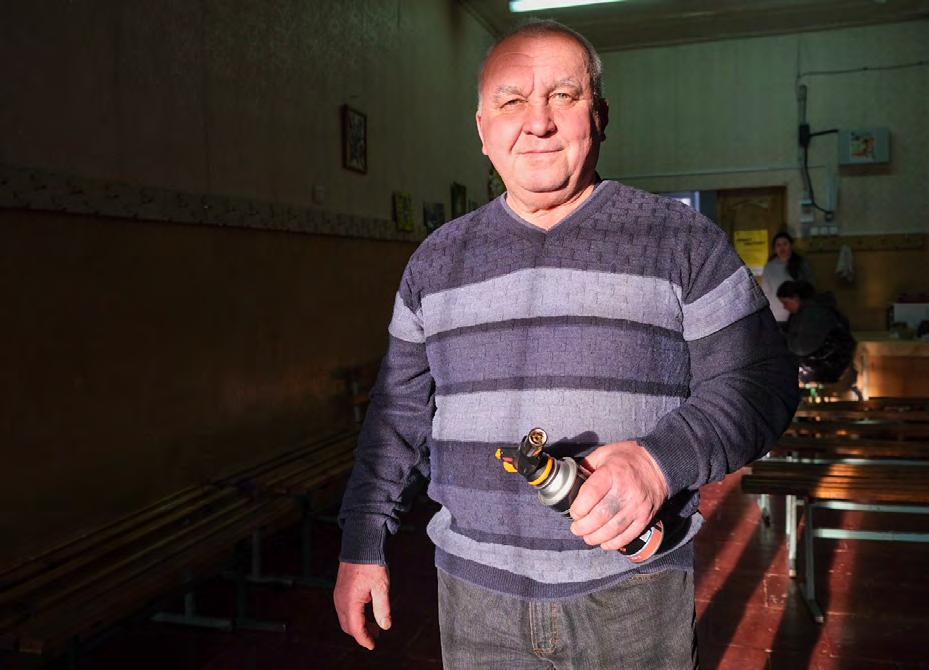


Sergii is not just a visitor to the heating point in Kharkiv—he’s an essential part of it.
“I have a wife and two children. My wife lives in a village caring for her mother, and my sons are in different parts of Ukraine with my grandchildren. I live in Kharkiv, in Shyshkovaska—just like my last name!” he says with a smile.
During shelling, Sergii comes to the heating point to charge his phone and have a coffee. But his visits go beyond necessity—he volunteers, chopping wood and preparing the heater.
“People would be cold without me!” he proudly adds.
For Sergii, this place is more than just a shelter from the cold.
In times of uncertainty, the warmth of community is just as important as the heat from the fire.
“There are Shaheds (drones) every day. When I’m at home, I’m alone. But here, I have fun, I talk with people, and I don’t feel so alone.”









































































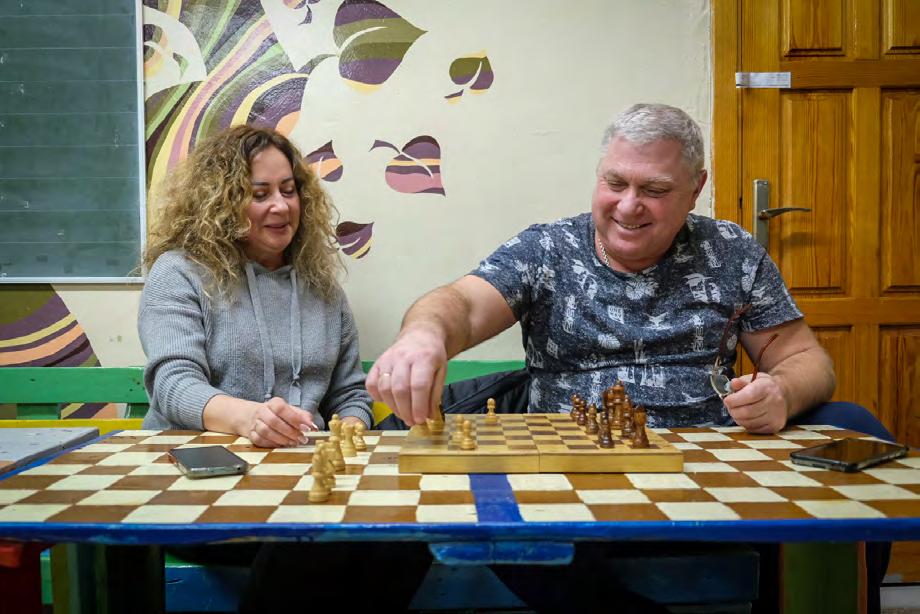












“Unbreakable”
Valerii and Nataliia Shapovalov

“We come here to play chess every weekend. We like to come here to speak with people. Many children come here to play. We come with one of our grandkids. One is still living here, but our second grandchild now lives in Germany. We come here to relax and also play with children. We live in the neighborhood. Our address means ‘Unbreakable.’ We left Kharkiv for one month in April 2022 and went to a village close to Dnipro. When the situation got a bit better, we came back in May. We only left for one month—we have lived here our entire lives.”


Coordinator






“I came from Mykolaiv when half the population had been forced to flee. The town was on the frontlines, and its entire infrastructure—schools, hospitals, factories, bakeries, and bus stations— was destroyed. My biggest challenges were finding a job without knowing the language and accessing necessary medicine. AIDRom supported us with vouchers for medication, medical exams, and the opportunity to learn Romanian. We have been in Romania since March 2022, and we are deeply grateful to the country, its people, and the organizations that have shown us care and kindness.”





“I am deeply motivated to be part of the Integration of Refugees from Ukraine in Romania project because I am Ukrainian myself. Helping my compatriots is personal—it’s my pain, too. This project is incredibly important to me. Like many others, I go to work and do what I can, but knowing that my efforts help someone move forward, restoring their faith that life isn’t over, makes all the difference. I only wish there were more projects like this.
One story that deeply moved me: On the first day of our Romanian language course, a young woman arrived, sighing heavily, her face void of expression. I asked, ‘Is something wrong?’ She replied, ‘I just found out my husband died near Bakhmut.’ At that moment, all I could think was that he died because of my hometown... I felt a sense of guilt. He left behind a daughter, who now attends my classes, and an eight-month-old son.”



































































He left behind his farm in Popasna, fleeing to a small village in Western Ukraine. With support from Hungarian Interchurch Aid’s ACT Alliance-funded SCLR (Survivor and Community-Led Response) and the generosity of local villagers, he was able to return to what he does best: cultivating the land. His resilience and dedication created a new livelihood for him and revitalized the community that welcomed him.






“I felt like I was losing my mind watching the news, not doing anything. This work gives me purpose, helps me stay sane. With all the help I received, I want to give back to the community as well. So I help elderly villagers whenever I can. With my new power tiller, planting potatoes now takes three hours instead of a week for them.”



When war broke out, five-year-old Danylo fled Odesa with his mother and brother, leaving his father behind to fight. In Moldova, his brother found stability at the Anastasis Educational Center, run by Church World Service and funded by ACT Alliance. The center provides refugee children with education, friendship, and emotional support.
Danylo longed to join him, and by September, his dream came true. Anastasis became his second home, offering safety, learning, and care.
“When I am here, I feel at home,” Danylo said. “But I really wish that one evening my father would come for me.”
While he waits, Anastasis ensures he grows, learns, and feels loved every day.









































































In response to the protracted humanitarian crisis in Ukraine, Hungarian Interchurch Aid (HIA) launched two grant programs— Flexible Small Grants (FSG) and Survivor and Community-Led (SCLR) grants—to support local civil society organizations engaged in critical humanitarian work. While Ukrainian civil society responded swiftly to the outbreak of war, their financial resources have diminished over time, creating a need for external support.









The partnership between HIA and local organizations leverages community knowledge and HIA’s humanitarian expertise to deliver effective, grassroots-level solutions. Grants, valued at up to $10,000 for FSGs, address diverse needs, such as providing food, hygiene supplies, therapy services, or funding winterization projects.
Each project lasts 2–3 months, with renewals based on performance evaluations. This initiative not only enables essential humanitarian responses but also strengthens the resilience of local actors, ensuring continued aid for displaced populations and laying the groundwork for sustainable recovery efforts in Ukraine.







The ACT member, the Ecumenical Association of Churches in Romania (AIDRom), in partnership with organizations from Italy, Bulgaria, Germany, Greece, and Lithuania, is running a European initiative dedicated to supporting vulnerable women and girls, including Ukrainian refugees and survivors of trafficking and violence. SAFE HUT focuses on psychological well-being and resilience, creating Women and Girls Safe Spaces (WGSS) where participants receive psychosocial support, mental health counseling, and skills training to foster healing and social integration.
In Romania, the project benefits Ukrainian refugees and third-country nationals through counseling for 60 women, psychosocial and recreational activities for 35 participants, and public awareness initiatives to address gender-based violence (GBV) and human trafficking A key priority is combating GBV by empowering women to advocate for their rights, providing long-term personalised care, and strengthening referral networks.












































































The “Aibolyt” Assistance Project, led by the initiative group of the community in collaboration with the “Wings of Victory” Charitable Foundation, is a dedicated effort of ACT member Christian Aid to support Ukrainians with disabilities, amputees, cancer patients, war victims, and children with disabilities.
This initiative was made possible through the facilitation of Serve Now, whose hard work on the ground ensured the smooth execution of the program. Serve Now played a crucial role in coordinating efforts, distributing funds, and providing essential support to bring this project to life.
Operating in Bucha and Irpin, Kyivska Oblast, the project focuses on the physical and social

Swimming Therapy Led by a Former Paralympic Coach
















rehabilitation of 40 individuals, providing them with vital support during times of war and hardship.
A key component of this initiative has been therapeutic swimming lessons, conducted by a qualified coach from Ukraine’s Paralympic national team. Participants, particularly exservicemen, have experienced significant improvements in their psychological wellbeing, sleep quality, muscle pain relief, and overall physical health. The program has instilled a renewed sense of joy, purpose, and resilience.
The success of “Aibolyt” underscores the critical role of rehabilitation programs in fostering recovery, empowerment, and reintegration into society.


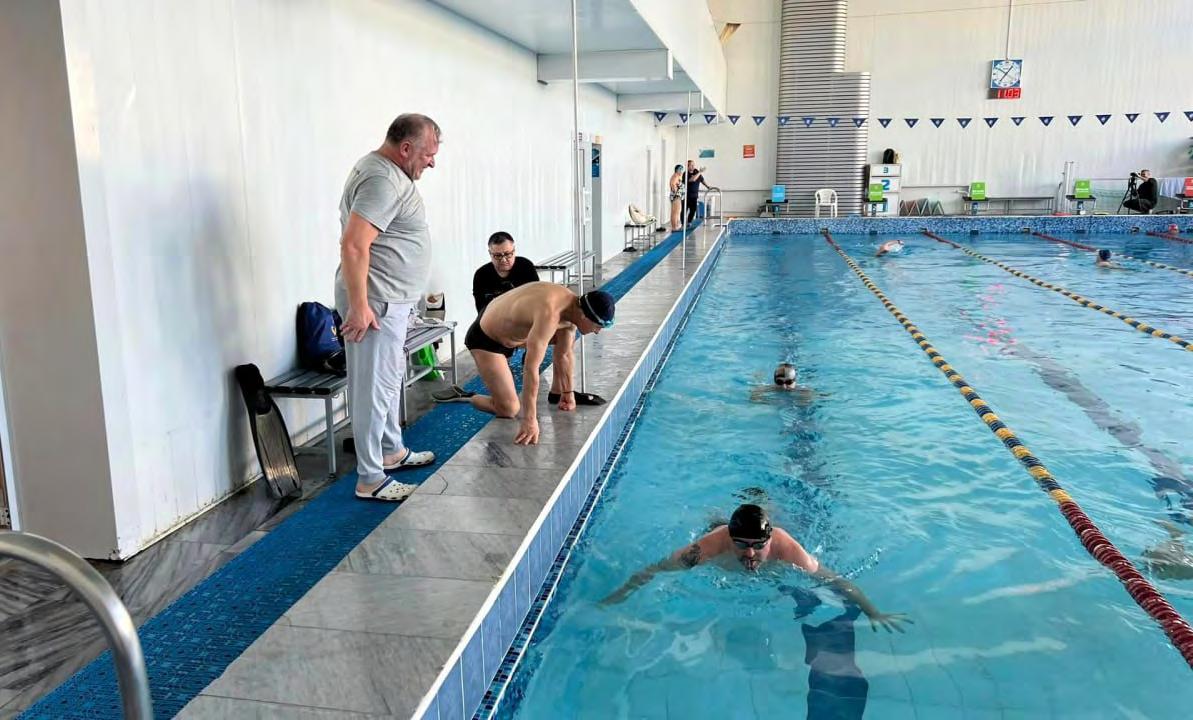














































Medical & Rehabilitation
Support














Mental Health & Social Inclusion


Education & Skills Development


Community & Accessibility Improvements





Providing social workers in Ivano-Frankivsk with first aid and trauma kits to help isolated individuals.
Equipping a mobile medical clinic in Lviv Oblast to support internally displaced people (IDPs).
Supporting people with acquired disabilities in Khmelnytskyi Oblast with rehabilitation

Creating a community space in Rivne Oblast for injured veterans


Purchasing a sling lift for a rehabilitation center in Ternopil to help transfer patients.



Establishing a pottery workshop in Lviv Oblast as part of a mental health support center.
Supporting creative workshops for vulnerable adults, including traditional Ukrainian handicrafts.
Developing a social cinema for tuberculosis patients and their families in Chernivtsi Oblast.
Organizing retreats for women whose partners are missing or kil

Offering skills-building classes in robotics and music for teena

Equipping a school in Ternopil with an IT room to improve access to learning.

Supporting an existing sports club in Ternopil by providing more equipment for youth.
Funding employment and confidence-building workshops for women affected by the conflict.

• Creating two playparks, including one designed for children with disabilities.



• Improving community spaces by installing heating, bathrooms, and accessible infrastructure.
• Buying sensory equipment in Rivne Oblast to help children with disabilities interact with others.
• Supporting children from low-income households in Ternopil Oblast to take up skiing.
• Establishing the first art gallery in Irpin as a gathering place for vulnerable groups.







































































of aid and rebuilding requires a thoughtful balance—meeting urgent humanitarian needs while laying the foundation for longterm, community-driven recovery. From the perspective of the Ukraine Forum, effective recovery relies on leveraging local expertise, fostering collaboration, and aligning international efforts with the unique needs of the Ukrainian people—efforts that will strengthen local and community-led initiatives to foster resilience and social cohesion.






As the conflict reshapes the lives of millions, the Ukraine Forum has become a vital platform for collaboration, driving collective efforts to address immediate needs while planning for sustainable recovery. Forum discussions frequently focus on transitioning international aid from emergency relief to resilience-building and self-reliance—a shift that requires a shared commitment from both global organizations and local actors.
The key lies in empowering communities, strengthening local institutions, and investing in durable solutions that address the root

causes of vulnerability. Local actors—often the unsung heroes of this crisis—bring unique perspectives to sustaining these efforts. Their firsthand experience and deep understanding of community needs provide invaluable insights into what truly works on the ground.



This sentiment reflects a growing consensus within the Forum: localized approaches are the cornerstone of sustainable aid. Support must go beyond delivering goods and services; it must enable local communities to lead their own recovery efforts. By fostering partnerships with grassroots organizations and amplifying their voices, the Ukraine Forum aims to create a more inclusive and effective aid model.


Looking ahead, the Ukraine Forum remains committed to bridging the gap between immediate humanitarian needs and longterm development. While responding to urgent crises remains essential, equal emphasis will be placed on supporting locally led initiatives that promote social cohesion, economic recovery, and self-reliance. Through collaboration, trust-building, and a focus on local empowerment, the Forum envisions a future where Ukrainians rebuild not just infrastructure, but also hope and resilience for generations to come.
Vita Nesterenko, ACT Ukraine Forum Coordinator Project Advisor at Hungarian Interchurch Aid

































































Act Church of Sweden



Act for Peace





Evangelical Lutheran Church in Bavaria







Anglican Overseas Aid - Anglicord
Anglicans in Development

Australian Lutheran World Service
Canadian Lutheran World Relief


Chellaram Foundation Limited
Christian Aid



Christian World Service New Zealand
Churches of Christ Overseas Aid





Churches of Christ Overseas Aid -Australian
Churches Christ Global Mission Partners
Cordaid -Icco
DanChurchAid

Diakonia Sweden
Diakonie Katastrophenhilfe
Dignus Burkina Faso
piscopal Relief and Development

Icelandic Church Aid

Evangelical Lutheran Church in America
Kerk in Actie - KIA
Norwegian Church Aid

Finnish Evangelical Lutheran Mission
Disciples of Christ - Week of Compassion





Presbyterian Disaster Assistance-Presbyterian


Presbyterian World Service & Development (Agency) PWSD Presbyterian Church of Canada
The Primate’s World Relief and Development
United Church of Canada
United Church of Christ, USA
World Neighbours
World Renew


The United Church of Christ in Japan

United Methodist Committee on Relief -UMCOR














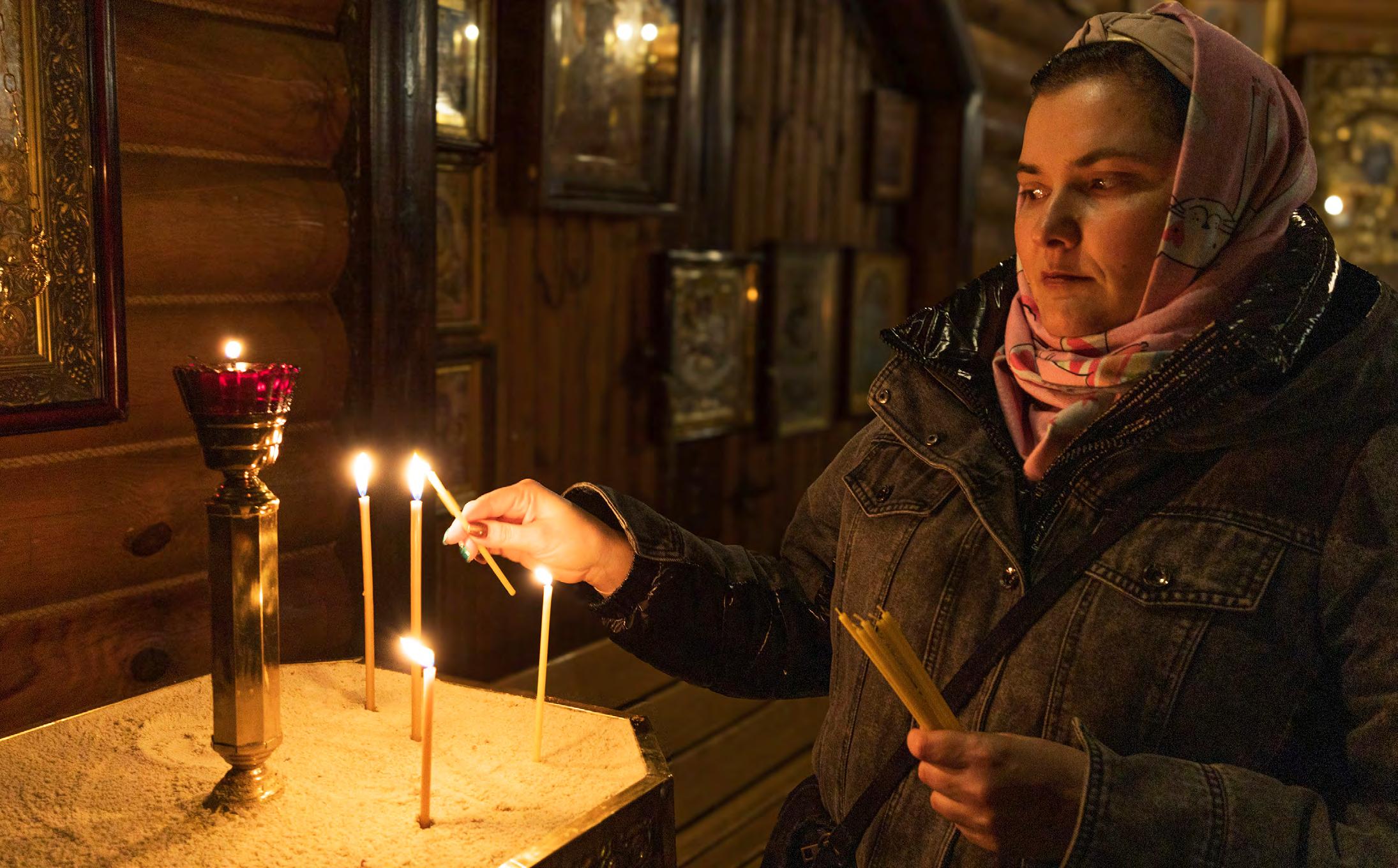





























































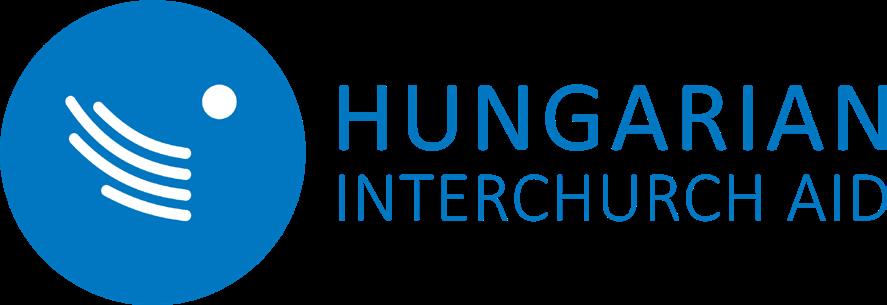



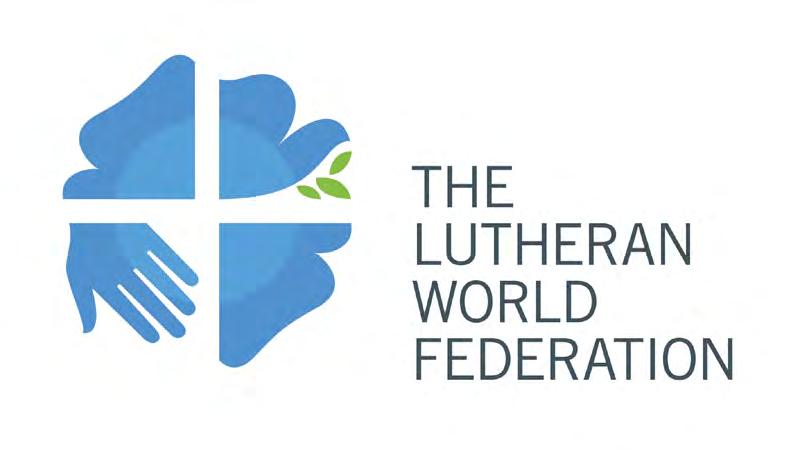





























One of the important parts of the HEKS/EPER team’s work is the installation of water towers and the laying of water infrastructure in the Mykolaiv region. This allows Ukrainians here to maintain their dignity and meet their basic needs.
The photo shows the installation of a water tower in the village of Ingulka, Mykolaiv region.

Published by on February 24, 2025
Editors: ACT Communication Team: Klára Jiřičná and Simon Chambers Design: Patrick McCormick
